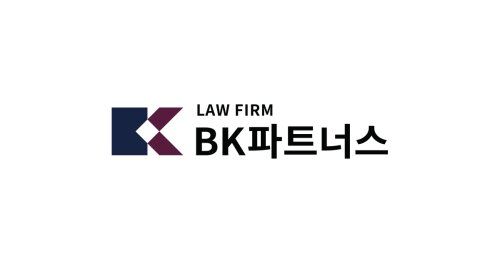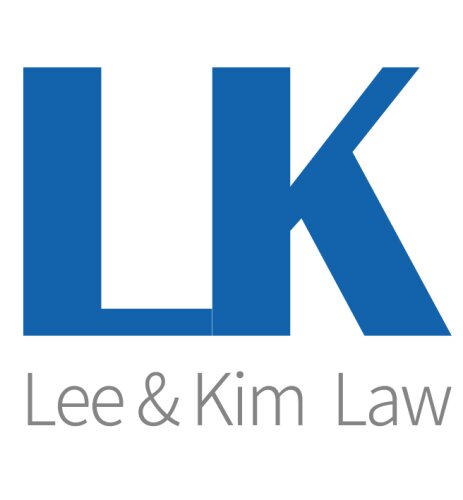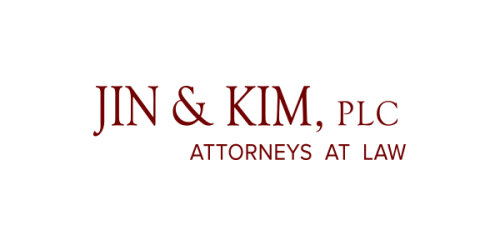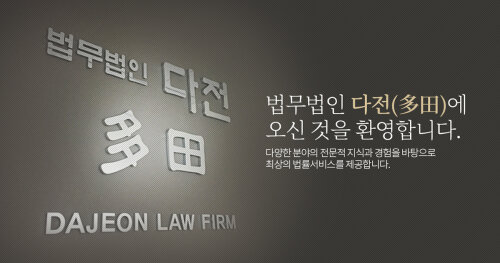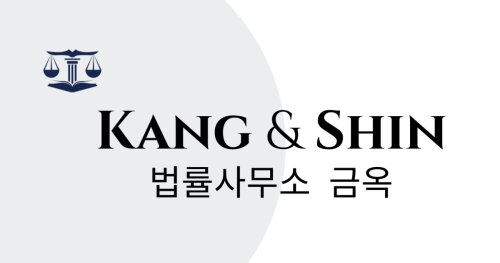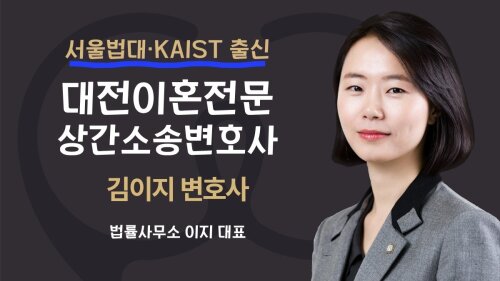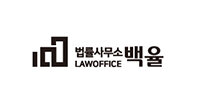Best Collaborative Law Lawyers in South Korea
Share your needs with us, get contacted by law firms.
Free. Takes 2 min.
Free Guide to Hiring a Family Lawyer
Or refine your search by selecting a city:
List of the best lawyers in South Korea
About Collaborative Law in South Korea:
Collaborative Law is a form of alternative dispute resolution (ADR) in South Korea where parties work together with their lawyers to resolve legal issues outside of court. It is a voluntary and confidential process aimed at reaching a mutually acceptable agreement.
Why You May Need a Lawyer:
You may need a lawyer in Collaborative Law in South Korea for various reasons, including divorce, child custody disputes, business conflicts, and other civil matters where parties wish to avoid going to court.
Local Laws Overview:
In South Korea, the Collaborative Law process is governed by the Korean Collaborative Law Act. This law outlines the procedures and requirements for parties engaging in Collaborative Law, including confidentiality and the role of lawyers in the process.
Frequently Asked Questions:
Q: What types of cases can be resolved through Collaborative Law in South Korea?
A: Collaborative Law can be used for a variety of cases, including family law matters, business disputes, and civil disputes.
Q: Do both parties need to hire a lawyer for Collaborative Law in South Korea?
A: Yes, it is recommended that both parties have their own lawyer to represent their interests in the Collaborative Law process.
Q: Is Collaborative Law legally binding in South Korea?
A: Yes, any agreement reached through Collaborative Law in South Korea is legally binding once signed by both parties.
Q: How long does a Collaborative Law process typically take in South Korea?
A: The timeline for Collaborative Law depends on the complexity of the case and the willingness of both parties to cooperate. It can range from a few months to over a year.
Q: Can I switch to litigation if the Collaborative Law process is not successful?
A: Yes, if the Collaborative Law process is not successful, both parties can choose to pursue litigation in court.
Additional Resources:
For more information on Collaborative Law in South Korea, you can contact the Korean Collaborative Law Association or consult with a local law firm specializing in Collaborative Law.
Next Steps:
If you are considering Collaborative Law in South Korea, it is advisable to consult with a qualified lawyer who can guide you through the process and represent your interests effectively.
Lawzana helps you find the best lawyers and law firms in South Korea through a curated and pre-screened list of qualified legal professionals. Our platform offers rankings and detailed profiles of attorneys and law firms, allowing you to compare based on practice areas, including Collaborative Law, experience, and client feedback.
Each profile includes a description of the firm's areas of practice, client reviews, team members and partners, year of establishment, spoken languages, office locations, contact information, social media presence, and any published articles or resources. Most firms on our platform speak English and are experienced in both local and international legal matters.
Get a quote from top-rated law firms in South Korea — quickly, securely, and without unnecessary hassle.
Disclaimer:
The information provided on this page is for general informational purposes only and does not constitute legal advice. While we strive to ensure the accuracy and relevance of the content, legal information may change over time, and interpretations of the law can vary. You should always consult with a qualified legal professional for advice specific to your situation.
We disclaim all liability for actions taken or not taken based on the content of this page. If you believe any information is incorrect or outdated, please contact us, and we will review and update it where appropriate.
Browse collaborative law law firms by city in South Korea
Refine your search by selecting a city.




